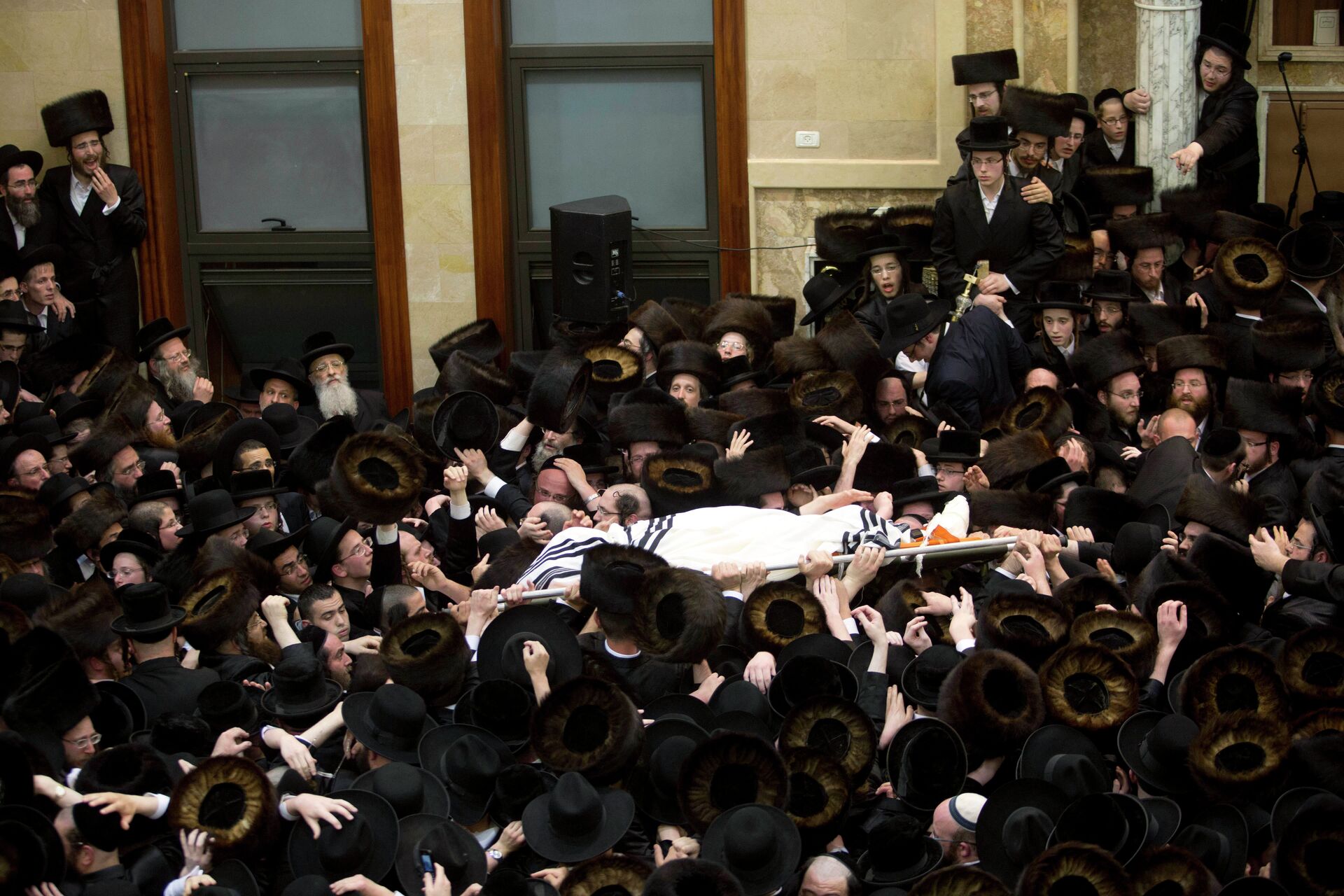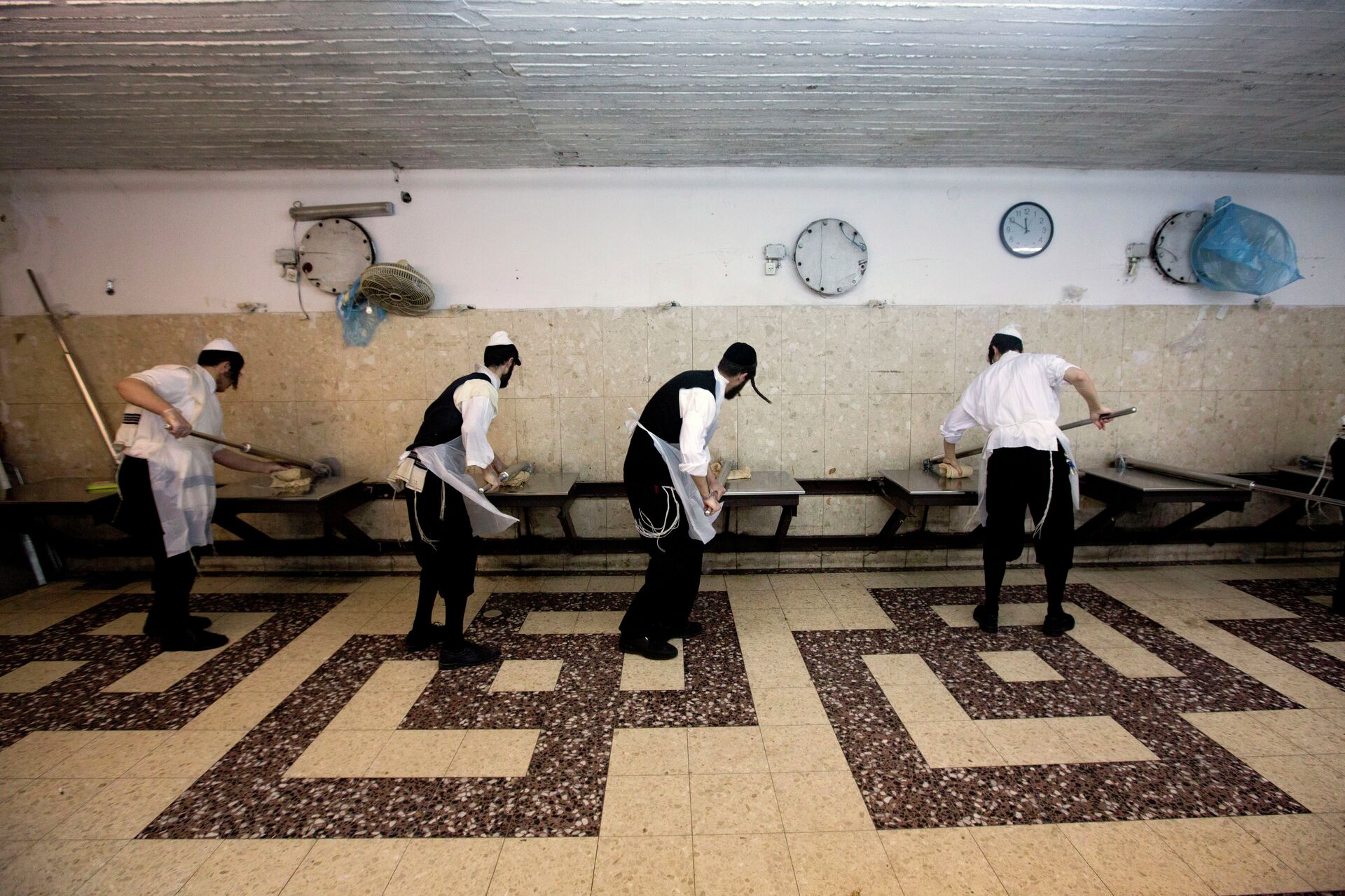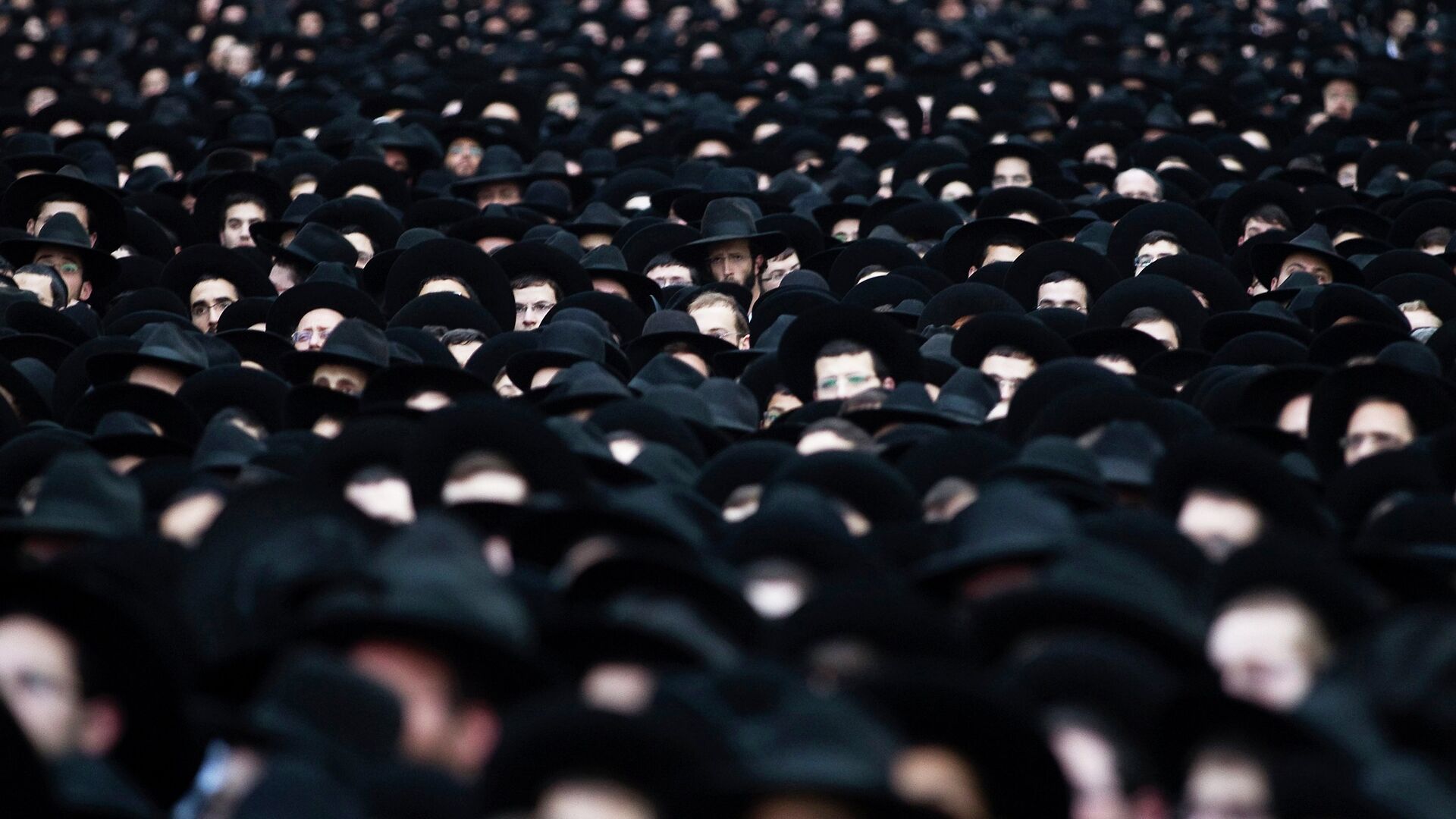Israel's Ultra-Orthodox community has become accustomed to being blamed for the spread of the coronavirus pandemic that has killed nearly 6,000 people in the country.
The situation wasn't much better before the COVID outbreak. For a long time Haredis have been perceived as individuals who don't work, don't serve in the IDF, and don't study, thereby putting a burden on the nation and its economy.
Breaking the Stigmas
However, there are some who've broken the said stigmas, like Yitzik Crombie, a Haredi man and hi-tech entrepreneur.

In 2017, after working for several years as a programmer in high-tech companies, he established Bizmax, an innovative business centre for Haredi men in Jerusalem. Since then his initiative has served as a community and business centre catering to Haredis, cultivating, nurturing, and helping self-employed individuals take their own firms to a higher level of success and productivity.
"At Bizmax we organise courses and lectures, teach and train business owners how to build a budget, make a presentation or how to manage their time properly and how to market their products. Basically, we give them the tools they need for success".
Crombie admits there aren't many Haredis in the high-tech field. Although he cannot give a definite number, his assessment is that there are only "several thousand" Ultra-Orthodox members in the industry.
Want to Remain Secluded
And the reason for this is the Haredis' way of life and their general set of priorities.
"At school, Haredi kids do not learn anything non-Torah related, which means that such subjects as math or English are out of the question. And when they finish studying, [roughly] at the age of 21, they can either choose to continue with their religious education or they can pursue a profession, which often requires them to study basics from scratch".
Just like the rest of his community, Crombie went through a similar process. After completing his religious studies and realising he wanted to go into programming, he underwent laborious studies, minimising the gaps he had in many basic subjects.

Those efforts finally bore fruit when Crombie was accepted to Harvard and when he later started working for a high-tech company. But for many other representatives of his community, this is not a feasible option.
"One of the reasons why Haredis avoid going to universities is because of their resilience to adapt. They want to differ themselves from the seculars. They often speak Yiddish, not Hebrew, give different names to their children and erect walls around themselves, simply because they don't want to change".
Crombie says that some Israeli companies have already understood the need to accept the Haredis as they are without imposing their own set of rules on them.
Many high-tech firms in Israel employ members of the Ultra-Orthodox community if they prove they are good enough for the job. Many others still discriminate against them because of their looks, or, more recently, because of concerns they might spread the coronavirus inside the company.
For Israel, the lack of their integration into the workforce is a waste of money. In 2012, the Israeli media published reports trying to calculate the amount of cash that would pour into the Jewish state if all Haredi men were integrated into the workforce.
Back then, they found that Israel's economy has been losing around $3 billion per annum due to their lack of integration. And now, as their numbers are getting bigger, projected to reach 40 percent of the total population by 2065, that burden might only increase if proper measures are not taken.

Crombie agrees with the claims that Haredis need to be integrated, saying it will only "benefit the Ultra-Orthodox, Israeli society as a whole, and the country's economy".
"I am sure many Haredis also want to get integrated but they don't want to be forced to change. So once they realise they will be able to keep their customs and traditions, they will be able to contribute".


